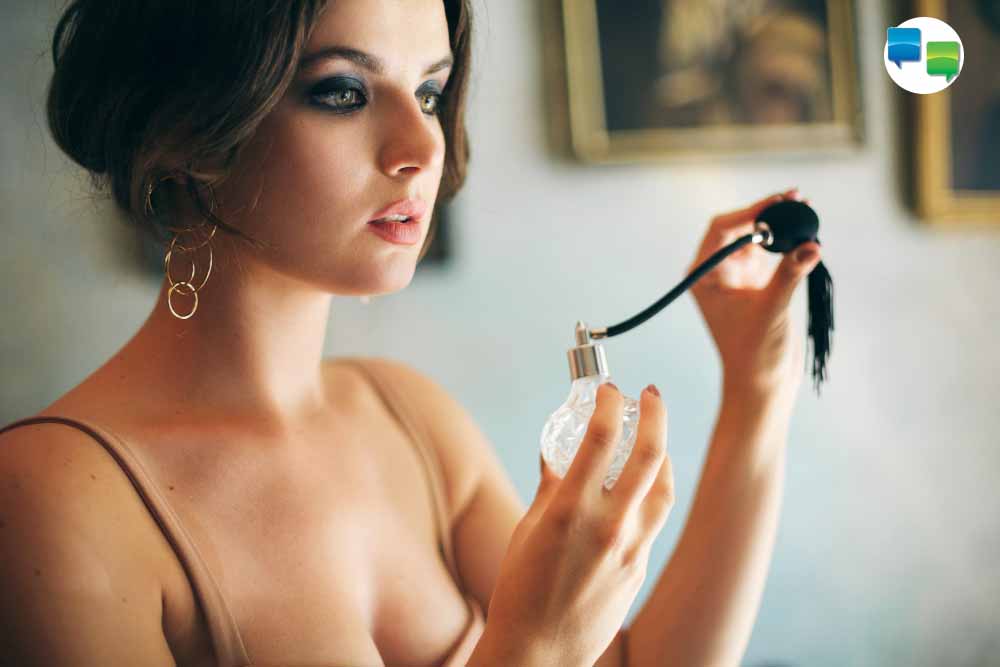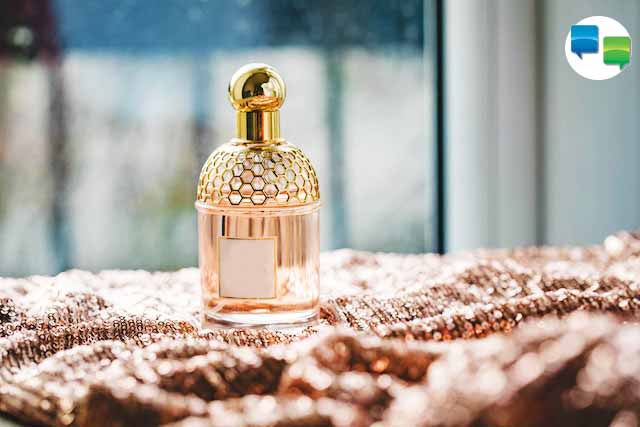When one talks about the art of perfumes, France ranks as exceptional and is considered to have produced the best and most popular French perfume in the world, mostly thanks to several of the greatest brand names in the perfume industry. However recently there has been some seismic shift. Today’s blog talks about what has changed. We also share with you some key French vocabulary relating to perfumes and guide you in discovering the finest places to explore the fascinating world of French perfume in Paris.

Adjectives to describe perfume in French
Let us start with the adjectives first.
“Capiteux, entêtant “: heady, sensual
“Léger”: light
“Aromatique”: fragrant
“Ambré”: amber-scented
“Boisé”: wood-scented
“Poivré”: peppery, spicy
“Végétal”: vegetal – plant
“Floral”: floral fragrance
“Oriental”: oriental fragrance
“Poudré”: remind of notes of talc or rice fragrance
In Europe and Paris, (the European epicentre of Fragrance), mass perfume brands are very much falling out of favour while artisan perfumers are becoming quite popular. It is rather like the growth of craft Beers around the world, where global brands no more entices the essence of our individuality and style. People want to be different, people want to be in the know, they want to be ahead of the trends, be it in Beer, Champagne, or in this scenario- Fragrance!
For those searching for something unique, Niche industries are joining the mass market, giving artisanal and natural scents. Moreover, there is a certain trend away from anything artificial. Several people are turning to natural, non-toxic perfumes. Fragrances that has the health benefits that essential oils bring.
So, lookout yourself for some the finest French artisan perfumes, while you visit France.

Notes and scents to describe a perfume
Speaking of some woody notes. It is time to share with you a few pretty useful phrases relating to plants as they play an important role in the world of expensive French perfume:
- “Les plantes”: plants
- “Le santal”: sandalwood
- “Le vetiver”: vetiver
- “La vanille”: vanilla
- “La bergamote”: bergamont orange
- “Le patchouli”: patchouli
- “La lavande”: lavender
- “Le musc”: musk
- “La fleur d’oranger”: orange blossom
Names and flowers used in perfumes
Now, speaking of back to the basics, here are some valuable phrases relating to flowers, which surely, play an integral part in all things French Fragrance:
- “Les fleurs”: flowers
- “Les pétales”: petals, any of the usually brightly coloured parts that together form most of a flower.
- “L’ iris”: iris flower
- “Les fleurs blanches” white flowers
- “Le Jasmin”: jasmine flower
- “Les fleurs d’orangers”: orange blossoms
- “La rose”: rose
- “L’ylang ylang”: ylang-ylang
- “L’orchidée”: orchid
- “Les tubéreuses”: tuberoses
- If you are the one for an olfactory and evocative experience, you can then, must visit Le Marais.
General French vocabulary of perfume
Some of the commonly used French vocabulary for perfume are:
“Un parfum”: a perfume.
“Une parfumerie”: a perfumery shop.
“Un parfumeur”: a perfumer.
“Un flacon de parfum”: a bottle of perfume.
“Une eau de toilette”: a dilute form of perfume.
“Une eau de Cologne”: originally a toilet water having a strong, characteristic scent, originally made in Cologne, Germany in 1708.
“Une eau de parfum”: a perfumed liquid having a percentage of fragrant oils that is lower than that in perfume but greater than that in eau de toilette.
“Un extrait”: A preparation having the active ingredient of a substance in concentrated form.
“Une essence”: an extract or concentrate derived from a plant or other matter and used for flavouring or scent.
“Une lotion”: A thick, smooth liquid preparation created to be applied to the skin for medicinal or cosmetic purposes.
“Un elixir”: a substance generally, liquid, having a magical power, to cure, improve or preserve something.
“Un bouquet”: The characteristic scent of a wine or perfume.
“Une note”: a note.
“Un arôme”: an aroma.
“Une fragrance”: a sweet or pleasant smell.
And if you are an avid history lover, then there is a dedicated museum of scent in Paris. Its name is Le Grand Musée du Parfum. If you specifically interested in perfume then, this is a place that will mesmerize you.

Learn French (Hello-Hello)
Learn French (Hello-Hello) is a full-fledged language course with 30 LESSONS developed in collaboration with the American Council on the Teaching of Foreign Languages (ACTFL), so you can be assured that these lessons follow an effective research-based methodology. All lessons are conversational based on realistic dialogues and situations, rather than a collection of out-of-context words and phrases. iTunes store link of Learn French (Hello-Hello)

